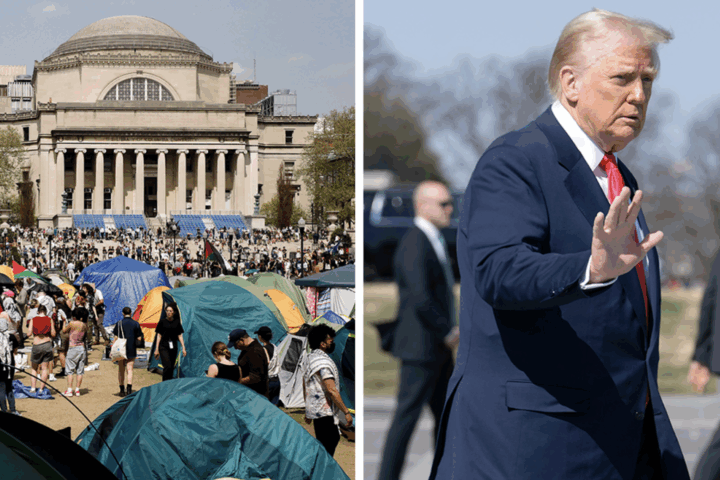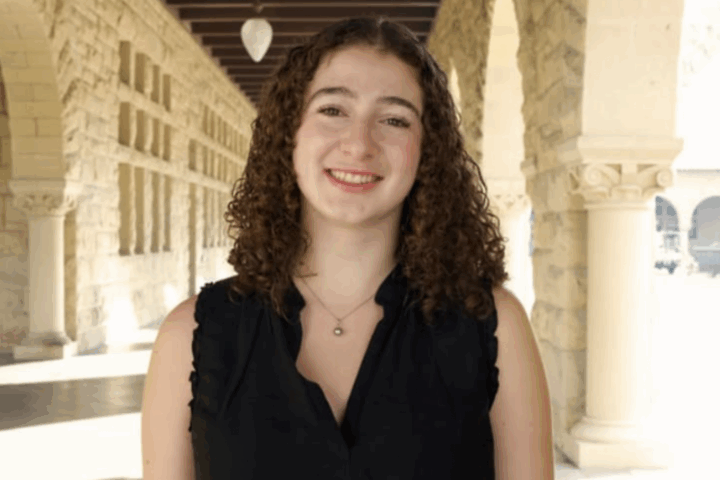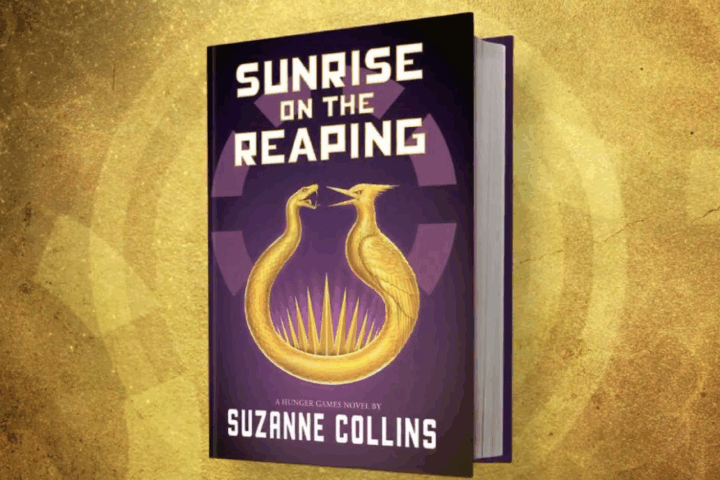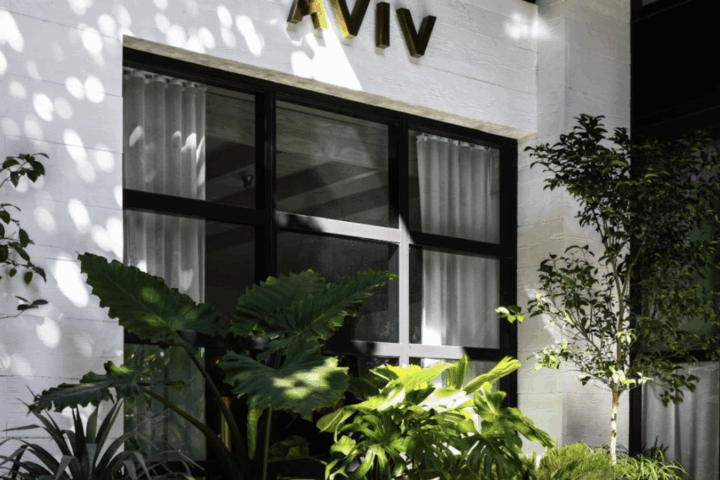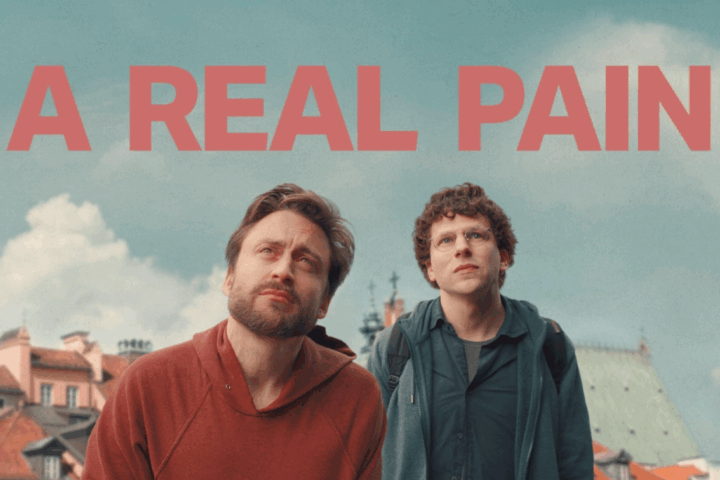“In 1998 I was in El Paso as a junior in high school and I was terrified.”
City Council member Carlos Menchaca of District 38 is openly gay and Mexican-American. On Wednesday, October 21, he announced his campaign for mayor of New York City, and I had previously been fortunate enough to speak to him about the effects of his identity on the campaign trail. When talking about his sexuality, Menchaca said, “It’s a barrier.” How will these barriers manifest themself when Menchaca amplifies his platform and campaigns for mayor of the most populous city in America?
In October of 1998, a 21-year old gay man named Matthew Shepard was brutally assaulted and killed in Wyoming. This story was shared around the country, and the reaction was widespread. Many LGBTQ+ teens at the time, including Councilman Menchacha, were afraid. “I was like ‘God, that could happen to me, I just have to be careful who I tell. I have to be careful how I act’… I felt alone, and that doesn’t feel good.” Hate, like pain and fear, happiness and sadness, can echo throughout a group of people when an event like this happens.
Hate is what made it hard for Councilman Menchaca to be accepted, hard for him to prove himself, and harder for him to win. On the campaign trail, the council member faced discrimination and was often rejected because of his identity. Voters would not listen to his policies solely because of his sexuality. “They’re like ‘well I’m not gonna vote for you,’” said Menchaca.
However, many policies and achievements later, Councilman Menchaca has effectively gained citizens’ support and trust. After being elected in 2014, he’s written more than eighty laws and been re-elected for a second term. “I have changed the hearts and minds of a lot of people just because I’m doing the good work,” said Menchaca.
Yet there is no question that he had to jump through more hoops to prove himself to both voters and citizens. If Councilman Menchaca had decided against running or giving in to the fear and hate, he never would have brought the change that he did. Even though he was successful in battling hate in these smaller-scale elections, it’s still unclear what new boundaries he’ll have to overcome on a larger scale.
Despite being 2,190 miles away from where he grew up, Councilman Menchacha’s identity still poses a barrier to the change that he strives to bring. However, with every struggle he moves past, he gains more experience and adds a new perspective that wasn’t previously present on the council.
Councilman Menchacha’s representation is something that his whole community benefits from. As someone who knows what it’s like not to be adequately represented in government, Menchaca works even harder to get the representation that his district deserves. Each challenge he faced during his first election will be amplified as he runs to represent the city of New York. Though his identity made it more difficult to get him to where he is today, the challenges he has faced make him more prepared for his work as an elected official.

